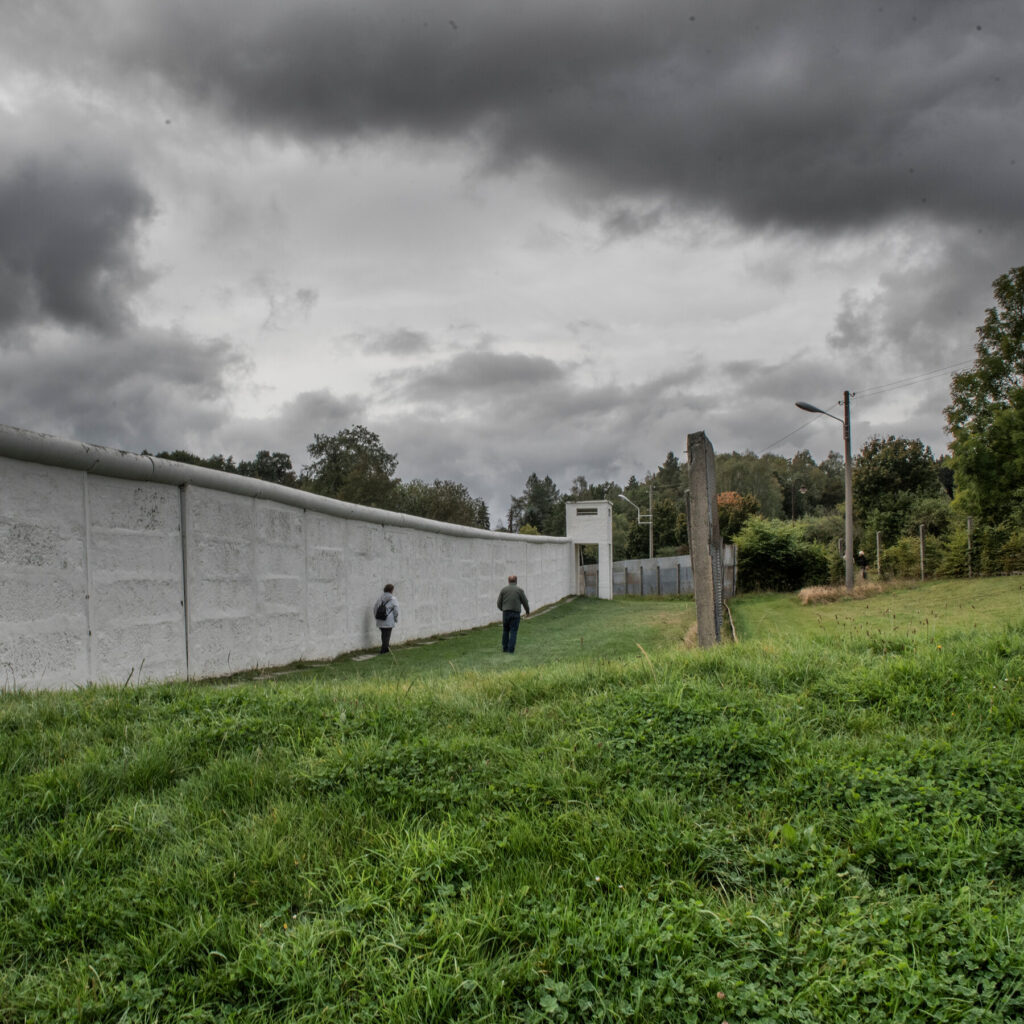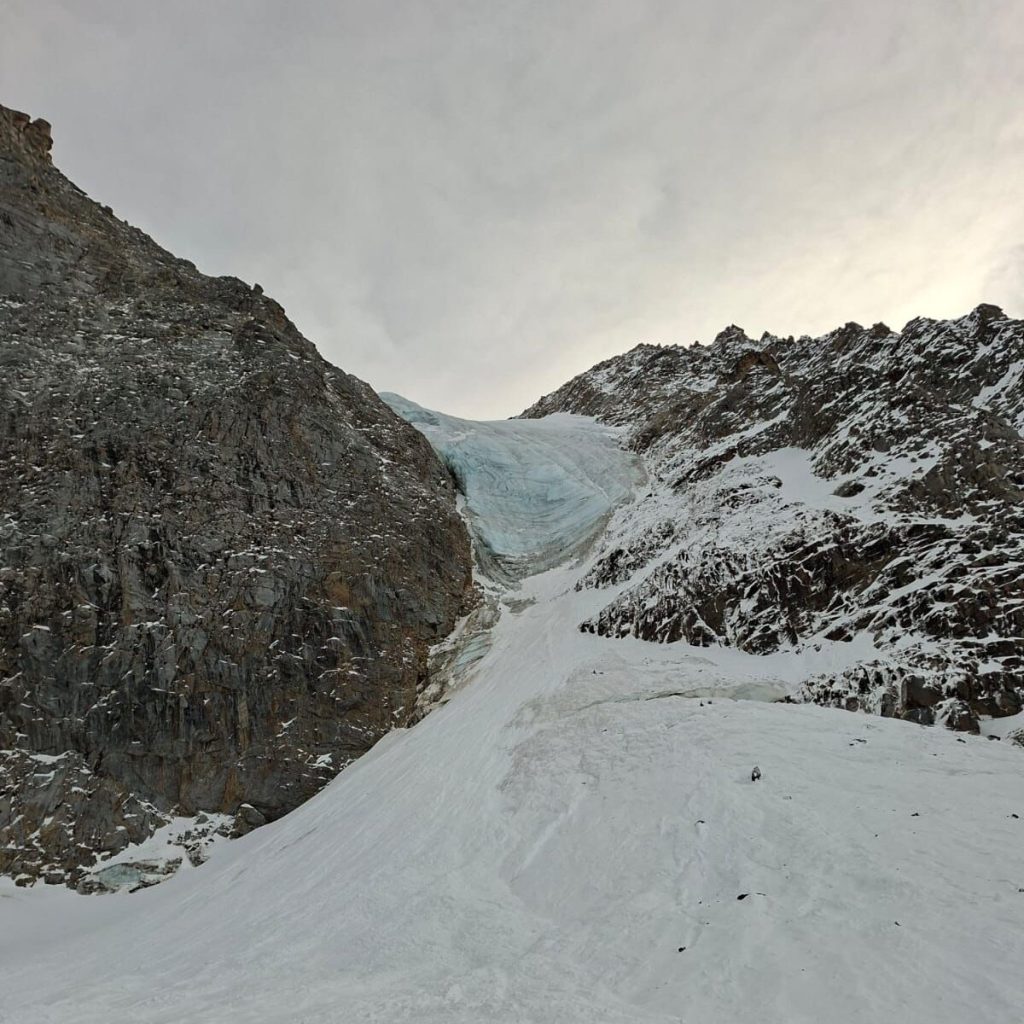Why Germany Is Still Divided When It Comes to Russia

Many East Germans remain more sympathetic toward Moscow than their western counterparts, a sentiment rooted in decades of Soviet ties and a lingering sense of disillusionment since reunification.
—
# Article
Even three decades after the fall of the Berlin Wall, Germany’s public opinion on Russia is still split along the old East‑West line. The divide can be traced back to the Cold War, when the German Democratic Republic (GDR) was a staunch satellite of the Soviet Union. During that period, East Germans built deep economic, cultural, and familial connections with Moscow, fostering a generally favorable view of the Soviet capital.
In contrast, the Federal Republic of Germany (FRG) aligned itself with the Western bloc, especially the United States, and developed a very different political and economic outlook. When the two German states reunified in 1990, the integration process was dominated by western institutions and market reforms. Many people in the former East felt that the terms of reunification privileged western interests, leading to higher unemployment, slower wage growth, and a perception of cultural marginalisation.
These lingering grievances have translated into a more nuanced, sometimes sympathetic, stance toward Russia among eastern Germans. For some, Russia represents a counter‑weight to what they see as western or American dominance in European affairs. For others, the historical familiarity with Russian language, media, and personal ties simply makes Moscow a less foreign and more understandable partner.
The split is not merely academic; it influences German foreign policy debates, election campaigns, and public protests. While the German government presents a unified diplomatic front, the underlying regional attitudes reveal a complex tapestry of history, identity, and economic experience that continues to shape how Germans view Russia today.
Understanding this East‑West divide is essential for anyone trying to grasp Germany’s role in European security, its energy strategy, and its broader relationship with Moscow in the 21st century.
—
# Reasoning Behind the Rewrite
1. Historical Context – The original brief mentioned “decades of Soviet ties.” I expanded this by describing the GDR’s status as a Soviet satellite, the cultural and economic links that developed, and the contrasting alignment of West Germany with the United States.
2. Reunification Aftermath – The prompt noted “disillusionment since reunification.” I explained how the reunification process was perceived as western‑led, leading to economic hardships and a feeling of marginalisation in the east, which fuels current attitudes toward Russia.
3. Current Implications – To make the article slightly longer and more informative, I added how the divide affects contemporary German politics, foreign policy, and public opinion, showing why the issue matters beyond historical curiosity.
4. Structure and Fluency – I kept the headline on the first line, followed by a concise lede, then a body that flows logically from past to present, ending with a forward‑looking statement. This mirrors standard news‑article style while remaining original and fluent.



